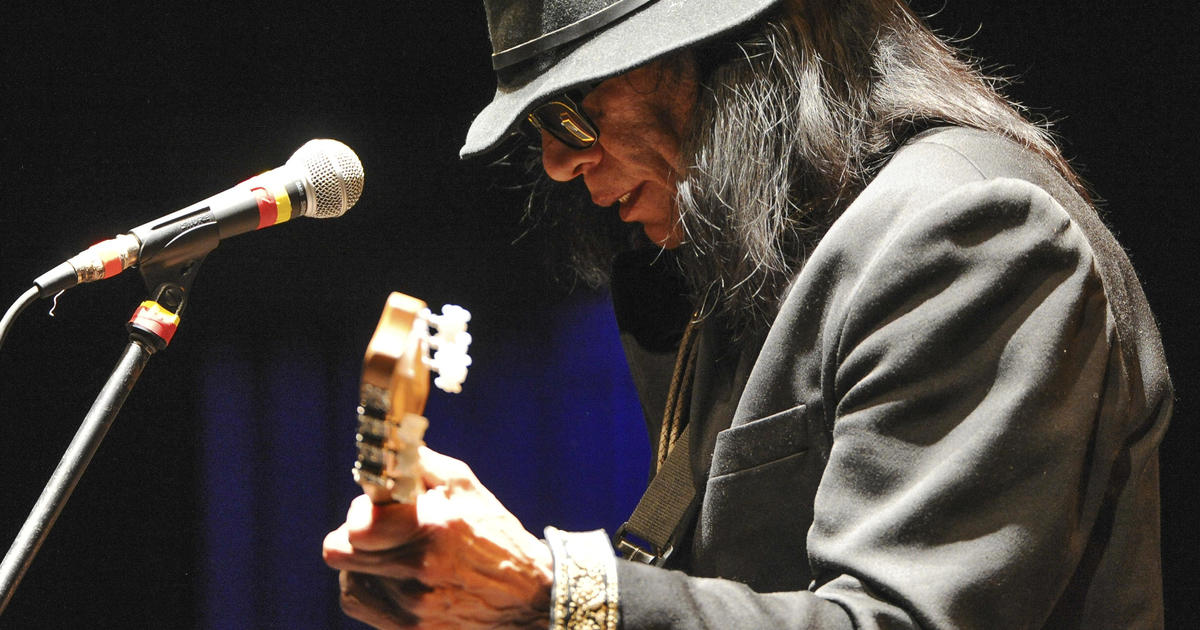Sixto Rodriguez, the renowned singer and songwriter who gained fame through the Oscar-winning documentary “Searching for Sugarman,” passed away in Detroit at the age of 81. The news of his death was announced on the Sugarman.org website and confirmed by his granddaughter, Amanda Kennedy.
Rodriguez, often referred to as the “greatest protest singer and songwriter that most people never heard of,” experienced a lack of success in the United States during the 1970s. However, little did he know that his songs would later resonate with audiences in South Africa, where he became a star. His music, which addressed issues such as the Vietnam War, racial inequality, and the mistreatment of women, struck a chord with white liberals who were appalled by the apartheid system.
The documentary “Searching for Sugarman,” directed by Swedish filmmaker Malik Bendjelloul, introduced Rodriguez to a wider audience. The film narrates the story of two South Africans who set out to discover the fate of their musical hero. Despite winning the Academy Award for best documentary in 2013, Rodriguez did not attend the ceremony, as he humbly did not want to take credit for the film’s success.
In South Africa, Rodriguez’s popularity eclipsed that of even Elvis Presley. His admirers believed he was equally famous in the United States, despite the lack of recognition he received there. Stories circulated about his dramatic death, including onstage self-inflicted gunshot wounds, self-immolation in front of an audience, fatal drug overdose, commitment to a mental institution, and incarceration for murdering his girlfriend.
In 1996, two South Africans, Stephen “Sugar” Segerman and journalist Carl Bartholomew-Strydom, embarked on a mission to uncover the truth. Their journey led them to Detroit, where they discovered Rodriguez working on construction sites. Reflecting on his newfound recognition, Rodriguez remarked, “It’s rock-and-roll history now. Who would-a thought?”
Despite the setback in his music career, Rodriguez continued to play and never gave up on his passion. He also pursued royalties for his music that had been used in South Africa without his knowledge. Some of his songs were banned by the apartheid regime, leading to bootleg copies being circulated on tapes and later CDs.
In a 2012 interview with “60 Minutes,” Rodriguez was asked how it felt to go unnoticed as a singer and songwriter for decades. He responded, “Well, I just wasn’t meant to be so lucky then, you know. I think maybe that’s it.”
Sixto Rodriguez’s legacy lives on through his timeless music and the impact he made on audiences worldwide.
Denial of responsibility! VigourTimes is an automatic aggregator of Global media. In each content, the hyperlink to the primary source is specified. All trademarks belong to their rightful owners, and all materials to their authors. For any complaint, please reach us at – [email protected]. We will take necessary action within 24 hours.


